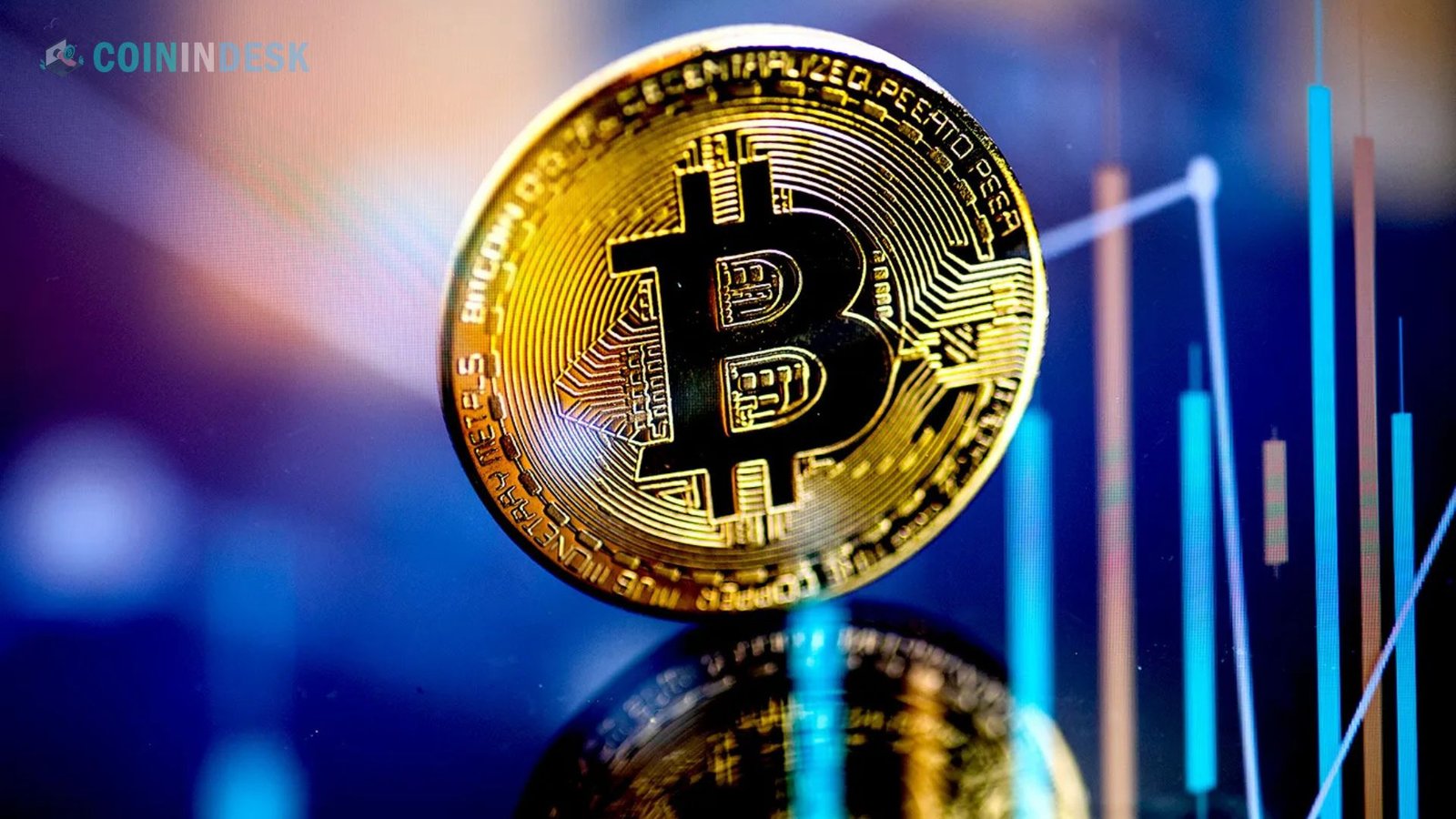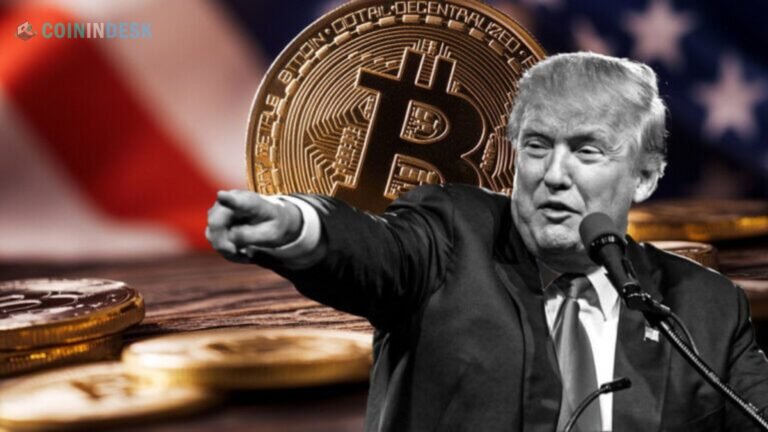Since Donald Trump’s 2016 election, the Bitcoin environment has changed significantly. Bitcoin, Ethereum, and the proliferation of digital currencies have generated enthusiasm and anxiety. Although these digital currencies have revolutionized the world of international finance, they have also ignited discussions about the morality of putting Money into them. Crypto’s Rise Post-Trump’s Election Ethical Investment? To completely understand the complex relationship between cryptocurrency and ethical investment, it is necessary to think about three things environmental effect, transparency, and financial inclusion.
The Rise of Cryptocurrencies Post-Trump’s Election
When Donald Trump became president of the United States in 2017, the bitcoin market was in its early stages. Nevertheless, the years that followed witnessed massive expansion in the bitcoin market. The value of the leading cryptocurrency, Bitcoin, surged to about $20,000 in December 2017 before declining sharply and then leveling off.
This sudden increase in value and interest was due to several things. The widespread skepticism of conventional banking services, especially in the wake of the 2008 financial catastrophe, was an essential factor. Decentralized blockchain technology, the foundation of cryptocurrencies, offered an alternative to centralized financial institutions and government oversight. The Trump administration’s deregulation policies and anti-centralized control stances unintentionally fostered an ideal atmosphere for cryptocurrencies, which stands for anonymity, decentralization, and independence from state control.
People who are both tech-savvy and libertarian have found a savior in cryptocurrencies, and prominent personalities like Elon Musk are helping to bring them to the public. The importance of digital assets as protection against economic volatility grew as Trump’s presidency progressed. On the other hand, the expansion raised moral questions regarding these investments’ effects and broader consequences.
Ethical Concerns Around Cryptocurrencies
Cryptos’ usage in illegal acts like Money laundering, their influence on the environment via energy-intensive mining, and the possibility that they could worsen financial inequity are also sources of ethical concern. It is also difficult to evaluate their ethical investing potential because of the absence of regulation, which raises concerns regarding consumer protection, fraud, and transparency.
Environmental Impact
Potential adverse environmental effects are among the most hotly debated ethical concerns related to Bitcoin. Mining digital currencies like Bitcoin requires a lot of processing power. Since the energy needed to mine Bitcoin is comparable to that of entire nations, researchers are concerned about the cryptocurrency’s effect on the environment.
Many view cryptocurrency mining as an immoral investment because of its environmental impact, especially in light of the world’s current predicament with climate change. The ecological cost is magnified by the dependence on non-renewable energy sources, especially in nations with a high mining density.
Concerned about these issues, several bitcoin networks have begun using greener alternatives. For instance, Ethereum has been switching to a proof-of-stake (PoS) consensus method, which uses far less energy than proof-of-work (PoW). The ongoing debate has prompted some to reevaluate cryptocurrency’s environmental consequences in light of these developments.
Financial Inclusion and Access
The concept of financial inclusion raises additional ethical questions. Cryptocurrency proponents frequently emphasize the possibility that digital currencies could offer financial services to underbanked communities in underdeveloped nations. Cryptocurrencies allow anyone with an internet connection to access and transact, unlike traditional banking systems that can exclude anyone without a credit history or physical banking infrastructure.
After Trump’s election, the promise of financial inclusion is more relevant than ever. Populist rhetoric frequently singles out marginalized communities, and the decentralized nature of cryptocurrencies makes them appear like a possible path to economic equality. Many people don’t trust cryptocurrencies as a store of value because of their volatility, and networks like Bitcoin have very high transaction fees.
Cryptocurrencies may, in principle, allow more individuals to join global financial networks, but in practice, the situation is more complex. Their high volatility prevents many people from using them as a trustworthy medium of exchange or savings, instead viewing them as a tool for speculative investing. Cryptocurrency’s detractors worry that unchecked wealth inequality would help propel the industry forward, leaving the poor and middle class on the margins.
Transparency and Regulation
Because of its decentralized structure, cryptocurrency functions independently of governing authorities and regulatory agencies. Many people feel this deregulation raises ethical concerns since it opens the door to more potential for fraud, tax evasion, Money laundering, and other illegal acts. Some worry that cryptocurrency may be used to finance illicit activities like drug trafficking and terrorism due to the absence of regulation that makes it hard to trace its usage.
But regulation has two sides. Overly stringent regulation risks destroying the decentralized nature and freedom from governmental control that are key features of cryptocurrencies, even though it could prevent their misuse for illegal purposes. Investors, governments, and IT innovators face the moral challenge of balancing freedom and regulation.
The Trump Effect on Crypto Regulation
There were no well-defined policies regarding cryptocurrency regulation throughout Trump’s presidency. As other nations, mainly in Asia and Europe, started to regulate digital assets, the United States continued to be unsure about what to do. The U.S. Securities and Exchange Commission (SEC) has been cautious about cryptocurrencies, and in 2019, The Trump administration gave the impression that it was still mulling over its policy.
However, the emergence of cryptocurrency at this period was interpreted as a result of Trump’s deregulation agenda. Trump’s efforts to loosen regulations on other industries, including technology, made the rise of digital currencies possible. However, the dangers of unregulated financial markets became more apparent.
Since the Biden administration took office, the emphasis on regulations has changed. Federal lawmakers are increasingly discussing how to regulate cryptocurrency to ensure it follows current banking regulations, fight illicit activity, and lessen its environmental impact. This change is ongoing while maintaining a balance between innovation and consumer safety, but it can potentially alleviate some of the ethical worries associated with cryptocurrency.
Can Cryptocurrencies Be Considered Ethical Investments?
The question of whether cryptocurrency investments are morally sound hinges on the application of the term “ethics” to monetary matters. They may present a formidable obstacle for ethical investors who seek to align their holdings with principles. That advances social responsibility, transparency, and environmental sustainability. Bitcoin and other cryptocurrencies require a lot of energy; some are used for illicit or unequal purposes.
But you have to think about the bigger picture, too. Cryptocurrencies have the potential to promote privacy and decentralization, open financial institutions to underbanked communities, and democratize access to those systems. Thanks to advancements in blockchain technology, more sustainable and open systems are on the horizon.
In the end, there are many different perspectives on the ethical consequences of cryptocurrency investment. Investors may view cryptocurrencies with mixed feelings; some may regard them as a financial inclusion and decentralization tool. At the same time, others may be more wary of them due to concerns about regulation, illegal activity, and environmental sustainability. The future of cryptocurrency’s ethical status will be heavily influenced by how the market develops, especially in light of new regulations.
Conclusion
The post-Trump surge of cryptocurrency exemplifies the convergence of politics, technology, and finance. The ethical discussion around cryptocurrencies will only heat up as the industry keeps expanding. Whether investing in cryptocurrency can be considered a moral choice will be answered when fundamental issues related to legislation, financial inclusion, and environmental concerns are resolved. Cryptos have great potential, but investors, lawmakers, and tech developers must tread carefully. When faced with the substantial ethical dilemmas they pose.


